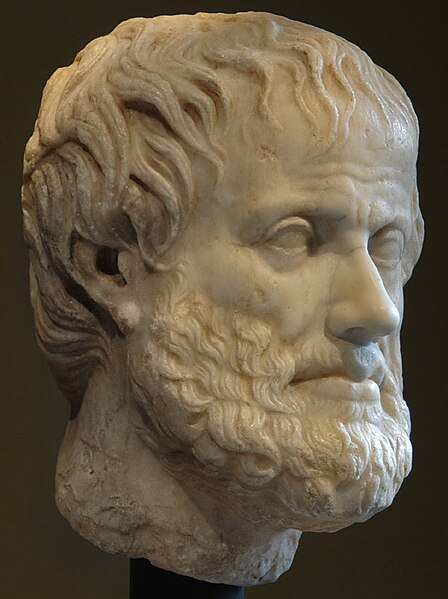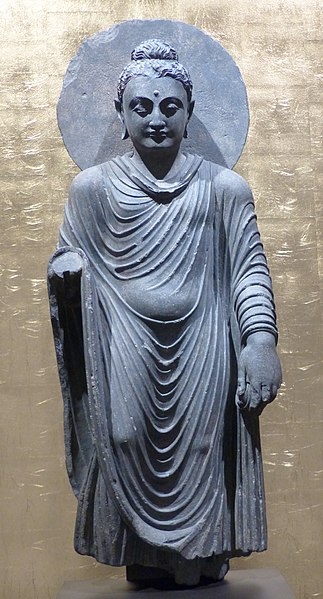In ethics, casuistry is a process of reasoning that seeks to resolve moral problems by extracting or extending abstract rules from a particular case, and reapplying those rules to new instances. This method occurs in applied ethics and jurisprudence. The term is also used pejoratively to criticise the use of clever but unsound reasoning, especially in relation to moral questions. It has been defined as follows:Study of cases of conscience and a method of solving conflicts of obligations by applying general principles of ethics, religion, and moral theology to particular and concrete cases of human conduct. This frequently demands an extensive knowledge of natural law and equity, civil law, ecclesiastical precepts, and an exceptional skill in interpreting these various norms of conduct....
Le grand docteur sophiste, 1886 illustration of Gargantua by Albert Robida, expressing mockery of his casuist education
Ethics or moral philosophy is the philosophical study of moral phenomena. It investigates normative questions about what people ought to do or which behavior is morally right. It is usually divided into three major fields: normative ethics, applied ethics, and metaethics.
According to Aristotle, how to lead a good life is one of the central questions of ethics.
According to discourse ethics, as formulated by Jürgen Habermas, moral norms are justified by a rational discourse within society.
Philippa Foot was one of the philosophers responsible for the revival of virtue ethics in the 20th century.
The practices of compassion and loving-kindness are key elements of Buddhist ethics.





